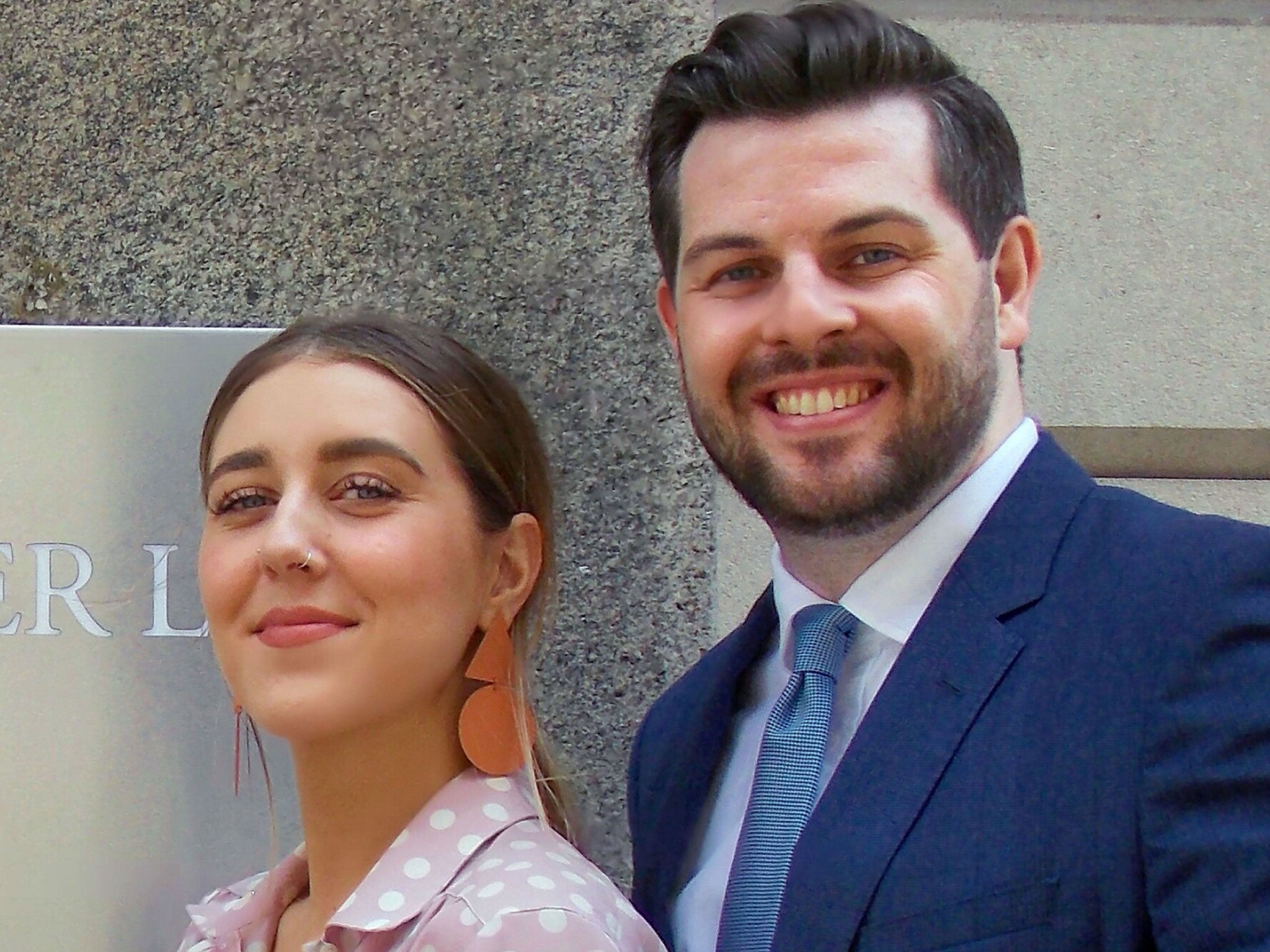What is upskirting and when did it become a criminal offence?
Upskirting is the act of taking a sexually intrusive photograph up someone’s skirt without their permission
What is upskirting?
Upskirting is a term used to describe the act of taking a sexually intrusive photograph up someone’s skirt without their permission.
It is usually performed in a public place, such as on public transport or in a nightclub, among crowds of people, making it harder to spot people taking the photos.
Writer Gina Martin launched a campaign to criminalise the act after being targeted at a festival in 2017. Following the incident, Ms Martin informed the police and learned that upskirting was not a specific offence in UK law.
After a Facebook post detailing her experience went viral, she launched an online petition to get her case reopened with the police and called for upskirting to be made part of the Sexual Offences Act 2003. Within days, here petition received 50,000 signatures.
Soon after, Ms Martin received cross-party support from MPs and worked closely with justice minister Lucy Frazer to progress the campaign, which also received backing from a number of celebrities including Laura Whitmore and Dermot O’Leary.
The campaign also gained the support of Lib Dem MP Wera Hobhouse who brought a private members’ bill backing the creation of an upskirting offence in England and Wales in March 2018.

When did it become a criminal offence?
The Voyeurism (Offences) (No.2) Bill, known as the “Upskirting Bill” received Royal Assent on 12 February, 2019, following aMs Martin’s 18 month campaign. The Voyeurism (Offences) Act 2019 came into force on the 12 April the same year.
The act added two new offences to the Sexual Offences Act 2003 to cover the practice of upskirting, which is punishable by up to two years in prison.
The offences apply when:
- Without consent, an individual operates equipment or records an image beneath a person’s clothing
- The offender has a motive of either obtaining sexual gratification or causing humiliation, distress or alarm to the victim.
Why did it take so long to be made illegal?
In March 2018, MP Wera Hobhouse tabled a private members bill to make it a criminal offence.
However, Conservative MP for Christchurch Sir Christopher Chope single-handedly blocked the bill in the House of Commons in June 2018. Sir Christopher’s intervention was met with shouts of “shame” from other MPs and a few days later an anonymous protester showed a more visible sign of dissent by hanging four pairs of knickers across the member’s office door at the Commons.
Despite the setback, then-prime minister Theresa May said she was “disappointed” in the objection and vowed that the government would push the law change through parliament. Ms May described upskirting as a “hideous invasion of privacy which leaves victims feeling degraded and distressed”.
Ms Martin’s campaign went on to secure government backing on 15 July 2018 and the Voyeurism (Offences) (No. 2) Bill was put before Parliament days later. Speaking after the bill was approved, Ms Martin described the decision as “politics and society at its best”.
Why was there no law on upskirting in England and Wales before?
Upskirting has been illegal in Scotland since 2010 by the Sexual Offences (Scotland) Act 2009 when it was listed under the wider definition of voyeurism.
However, it has had a more complicated legislative history in England and Wales.
Before the 2019 Act, victims and police in England and Wales were only able to prosecute upskirting offences under either the offence of outraging public decency or as a crime of voyeurism under the Sexual Offences Act.
Voyeurism applies to filming actions taking place in private while outraging public decency commonly requires someone to have witnessed the action which is rare in cases of upskirting.
Until 2019, if you caught someone upskirting an individual and informed the authorities, the police could request that the image to be deleted, but no further prosecution was possible.
Figures released in February 2018 revealed that girls as young as 10 have been victims of upskirting and that just a third of British police forces in England and Wales report the incidents they encounter.
According to a freedom of information request by the Press Association, of the 78 incidents reported, only 11 resulted in suspects being charged using existing laws on voyeurism, indecency and public order.
A report in October 2018 conducted by British GQ reveals that one in 10 men don’t think upskirting is sexual harassment.
Several US and Australian states have legislated against upskirting and it is illegal in New Zealand and India.

